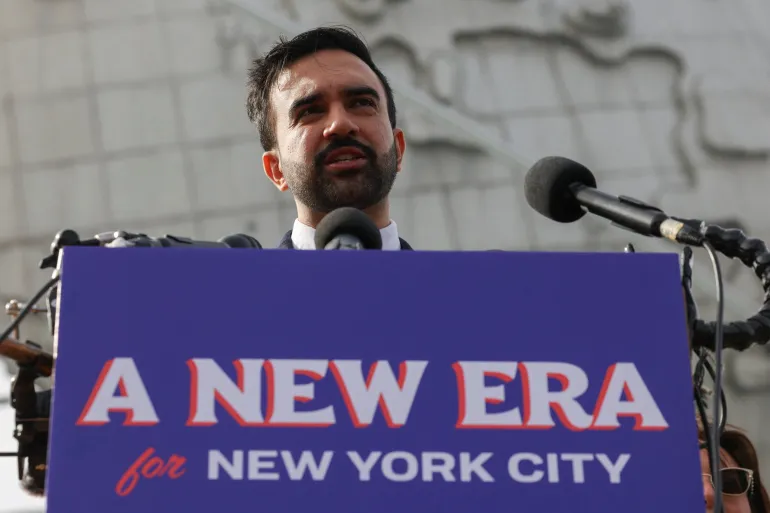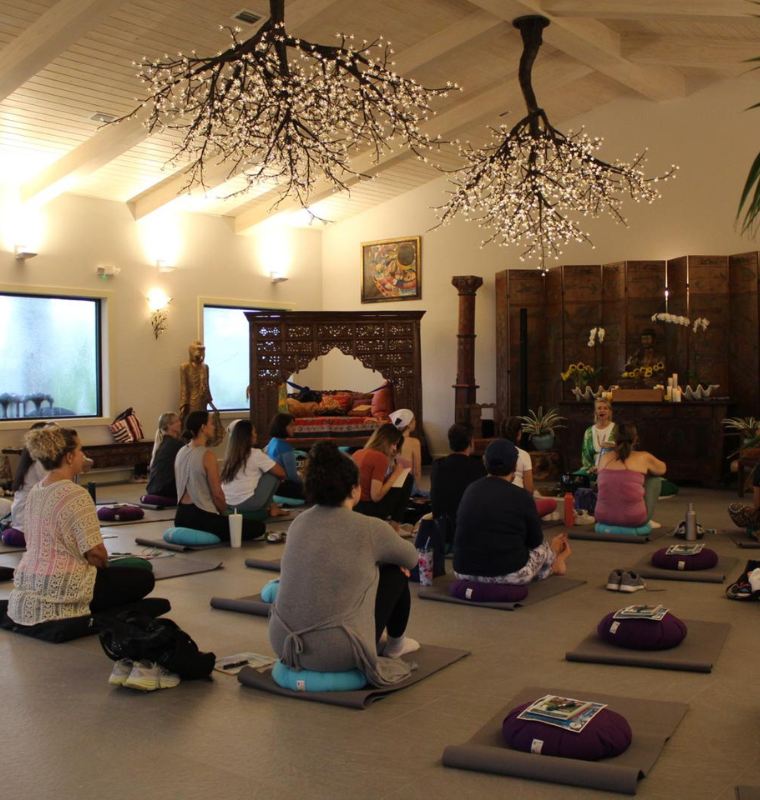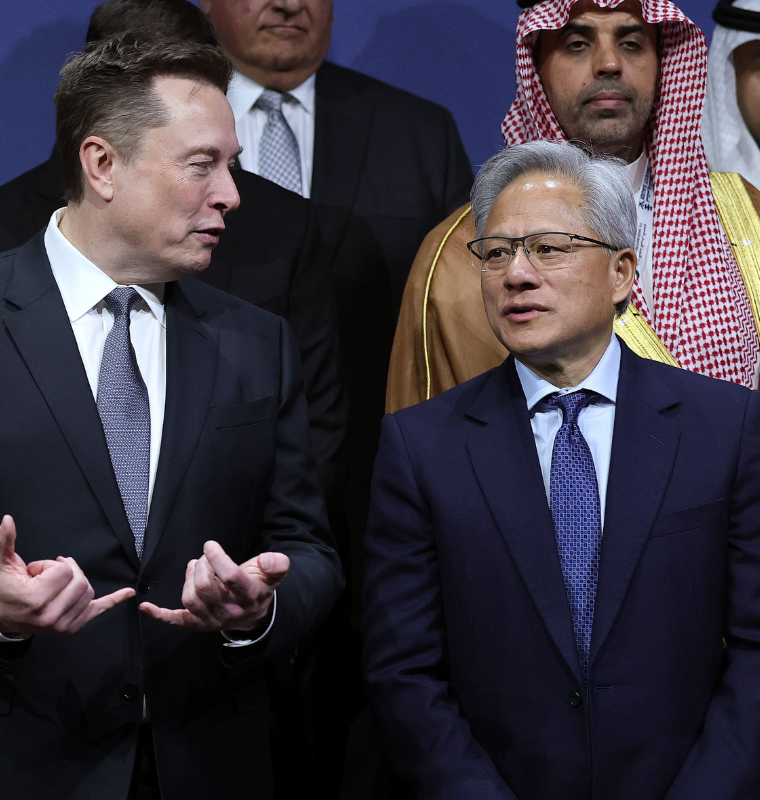Zohran Mamdani Elected New York City Mayor in Historic Victory Over Cuomo and Sliwa
Zohran Mamdani Elected New York City Mayor in Historic Victory Over Cuomo and Sliwa
By
Junia Wells
Last updated:
November 6, 2025
First Published:
November 6, 2025

Photo: Al Jazeera
In a groundbreaking political upset, Zohran Mamdani has been projected to win the New York City mayoral race, according to NBC News. The 34-year-old state Assembly member and Democratic nominee triumphed over former Governor Andrew Cuomo, who ran as an independent, and Republican candidate Curtis Sliwa in a contest that drew more than 2 million votes — the city’s highest turnout since 1969.
A Landmark Moment in NYC Politics
Mamdani’s victory marks a significant generational and ideological shift in New York politics. A self-described democratic socialist, he becomes the city’s first Muslim mayor and one of the youngest ever to hold the office. His win comes just months after he stunned the establishment by defeating Cuomo in the Democratic primary through a ranked-choice voting system that reshaped the race.
“Tonight, we have spoken in a clear voice: Hope is alive,” Mamdani declared during his victory speech in Queens. “In this moment of political darkness, New York will be the light.”
Mamdani will officially succeed Mayor Eric Adams, who dropped out of the race in September after months of declining approval ratings and a turbulent year marked by corruption allegations — charges that were ultimately dismissed.
The Candidates and Their Campaigns
Cuomo, once one of the most powerful figures in American politics, entered the race as an independent after losing the Democratic nomination. His campaign — backed by over $40 million in funding from corporate donors and political action committees — focused on public safety, expanding affordable housing, and increasing the NYPD’s headcount.
However, Cuomo’s political baggage, including his 2021 resignation amid sexual harassment allegations, weighed heavily on his campaign. Despite his late endorsements from prominent figures like former Mayor Eric Adams and former President Donald Trump, his efforts to reclaim political ground proved unsuccessful.
Sliwa, the Republican nominee and founder of the Guardian Angels, ran a campaign centered on crime reduction and policing. This was his second attempt at City Hall after his 2021 loss to Adams. He proposed adding 7,000 new police officers and expanding security presence in the subway system but struggled to gain traction in a race increasingly defined by progressive energy and anti-establishment sentiment.
Trump’s Late-Stage Endorsement and Political Fallout
Former President Donald Trump took an active role in the race, repeatedly attacking Mamdani by falsely labeling him a “communist.” On the eve of the election, Trump endorsed Cuomo, promising to “restore order and common sense to New York.” He even hinted that a Mamdani victory could jeopardize federal funding for the city — a statement widely condemned by legal experts as unconstitutional political interference.
Despite Trump’s involvement, Mamdani’s campaign managed to maintain momentum. His grassroots operation relied heavily on volunteer networks, social media outreach, and door-to-door canvassing, drawing comparisons to national progressive figures like Alexandria Ocasio-Cortez and Bernie Sanders.
Mamdani’s Platform and Vision for the City
Born in Uganda and naturalized as a U.S. citizen in 2018, Mamdani represents a new wave of leadership rooted in social reform and community equity. His platform includes:
- Free public bus service across the five boroughs.
- City-owned grocery stores to tackle food insecurity.
- A rent freeze on rent-stabilized apartments.
- Green energy expansion and affordable housing initiatives.
Mamdani’s progressive policies have drawn fierce criticism from Wall Street executives and real estate developers, who warn that his proposals could “scare away investment.” Yet his supporters argue that his agenda puts working-class New Yorkers first after years of widening inequality.
What’s Next for New York
With his election, Mamdani faces the challenge of uniting a deeply divided city. Analysts say his first 100 days will be crucial — balancing a progressive agenda with the fiscal realities of running the nation’s largest city.
Economists estimate that New York’s 2026 budget faces a $9 billion shortfall, driven by housing subsidies, migrant support costs, and post-pandemic revenue gaps. Mamdani has pledged to close the gap through progressive taxation and public efficiency reforms rather than austerity measures.
Political observers view his victory as part of a broader shift in urban American politics — a move away from centrist governance toward bold reform. As Mamdani said to roaring applause on election night:
“This campaign was never about one person — it was about building a city that works for everyone, not just the wealthy few. Tonight, we made history. But tomorrow, we get to work.”
Popular articles
Subscribe to unlock premium content
How Adults Are Paying to Experience Silent Daylong Festivals for Mindfulness

The Rise of Ultra-Personalized Scent Memory Experiences Using Olfactory Therapy

Why Some Millennials Are Paying for One-Day Luxury Survival Challenges in Nature

How Adults Are Paying to Experience Silent Daylong Festivals for Mindfulness

The Rise of Ultra-Personalized Scent Memory Experiences Using Olfactory Therapy

How Adults Are Paying to Experience Silent Daylong Festivals for Mindfulness







.png)

